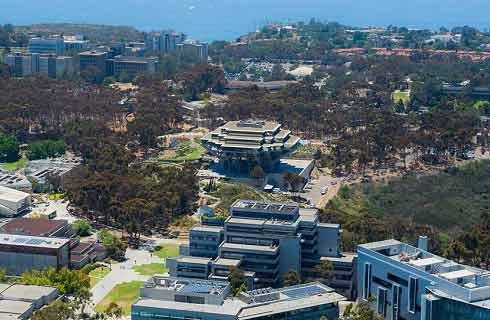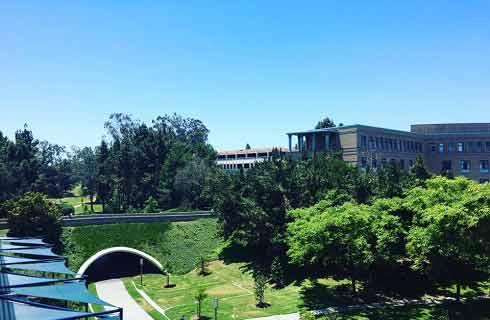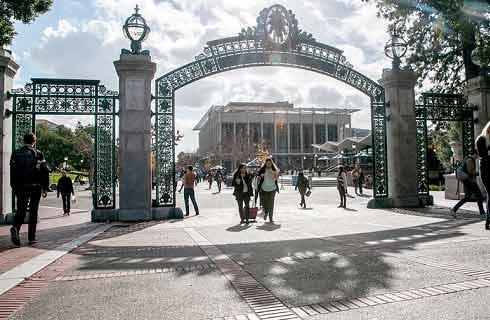工学学士(荣誉)机械工程和能源工程
BEng (Hons) Mechanical Engineering and Energy Engineering

学历文凭
Bachelor Degree with Honours

专业院系
Mechanical Engineering

开学时间

课程时长

课程学费

国际学生入学条件
IDP—雅思考试联合主办方

雅思考试总分
- 雅思总分:
- 托福网考总分:
- 托福笔试总分:
- 其他语言考试:
CRICOS代码: HH3V
申请截止日期: 请与IDP联系 以获取详细信息。
课程简介
The BEng (Hons) Mechanical Engineering and Energy Engineering encourages you to think creatively to solve modern challenges with new and advanced technical solutions. By studying this four-year degree, you’ll build upon a sound engineering foundation and be introduced to specialist energy topics, and environmental impact assessment and management. You’ll gain the skills to tackle challenging professional tasks associated with energy provision and utilisation and learn to take responsibility for decision-making in areas related to energy and the environment. The undergraduate degree will equip you with a sound basis in Mechanical Engineering and Energy Engineering to progress society towards a more sustainable future with solutions for cleaner energy sources and improved efficiency. You’ll explore thermodynamics and fluid mechanisms to understand how turbines generate electricity from geothermal or nuclear sources and analyse heat pumps as a more efficient alternative to gas boilers to heat homes across the UK. You’ll apply your subject knowledge and problem-solving skills to develop innovate solutions to increase the efficiency and performance of aircraft and transport and improve medical engineering and nanotechnology. During the programme, you’ll have the opportunity to build and develop your professional network through industrial visits, and an optional industrial placement which, upon completion, will result in you being awarded a Diploma in Industrial Training (DIT). Throughout the programme, you will engage in hands on and practical work, and apply your learned theory. This will ensure you gain the practical skills demanded by industry, making you highly employable upon graduating. As a mechanical engineer, you’ll deal with the design, development, optimisation, and operation of mechanical parts and systems. You’ll gain a broad knowledge of the core components in Mechanical Engineering Sciences and practices, studying modules including but not limited to mechanics, fields and forces, electrical engineering, mathematics, mechanical engineering, design and manufacture, fluid mechanics, mechanics of materials, thermodynamics, sustainable development and engineering management, energy studies, and renewable energy technologies. In response to current industry changes and emerging trends, your learning will be built around the core concept of sustainability. You’ll learn how to engineer solutions that are environmentally, financially, and socially sustainable. Some examples include: designing turbines to generate electricity from geothermal or nuclear sources, creating heat pumps to replace gas boilers for a more efficient alternative, increasing the efficiency and performance of aircraft and transport and improving medical engineering and nanotechnology. Beyond gaining the fundamental knowledge of mechanical engineering, you’ll develop key transferable skills to set you up for a successful career in industry. By working both independently and across multidisciplinary teams on projects and assignments, you’ll gain key team working, professional presentation, and technical writing skills. You’ll explore key topics in business to develop insight global issues such as product life-cycle sustainability and financial viability. You’ll have the opportunity to study an additional year, and progress onto MEng Mechanical Engineering and Energy Engineering. This is the standard route toward a Chartered Engineering professional qualification.
相关申请
 预科
预科 奖学金
奖学金 实习机会
实习机会 在校学习
在校学习 跨境学习
跨境学习 校园授课-线上开始
校园授课-线上开始 在线/远程学习
在线/远程学习
开学时间&学费
学费信息仅供参考,请与IDP联系以获取详细信息
| 开学时间 | 时长 | 学费 | 地点 |
|---|
学校排名

世界排名301
数据源:
泰晤士高等教育世界大学排名
关于赫瑞瓦特大学

自1821年以来,赫瑞瓦特大学一直在塑造未来。该校与全球行业建立了密切联系,开设有以就业为中心、在现实世界能够发挥作用的学位课程。赫瑞瓦特大学开设有广泛的本科和研究生课程,专注于STEM(科学、技术、工程和数学)、商业以及设计学科。它提供了一个充满活力的全球学生体验,在英国、迪拜和马来西亚的校园里有30000多名学生。在2024年毕业生成果调查中,赫瑞瓦特在苏格兰毕业生就业能力排名第一,在英国排名第二。2025年,该大学排名第一在苏格兰,毕业生担任首席执行官和董事总经理的比例最高(Novuna业务现金流)。这要归功于屡获殊荣的职业团队提供的以职业为重点的学位和终身支持。赫瑞瓦特大学的学生可以获得开创性的研究和教学,该大学近90%的研究成果在最近的《卓越研究框架》(REF 2021)排名世界领先,在国际上处于优秀地位。爱丁堡、奥克尼和苏格兰边境的苏格兰校区拥有鼓舞人心的绿色环境、一流的设施和行业支持的学习环境。赫瑞瓦特大学是第一所在迪拜开设的英国大学,在那里它获得了知识与人类发展局(KHDA)颁发的著名五星级排名。位于布城的马来西亚校区坐落在一个令人惊叹的湖畔上,提供卓越的教育设施、现代化的休闲和体育设施。凭借具有竞争力的学费和国际关系,赫瑞瓦特将卓越的教育与独特的学习体验相结合。
本校相关课程
其他相关课程

专业工程学硕士(地质力学)
 悉尼大学
悉尼大学泰晤士高等教育世界大学排名:54
学历文凭
Masters Degree (Coursework)
开学日期
课程费用总额

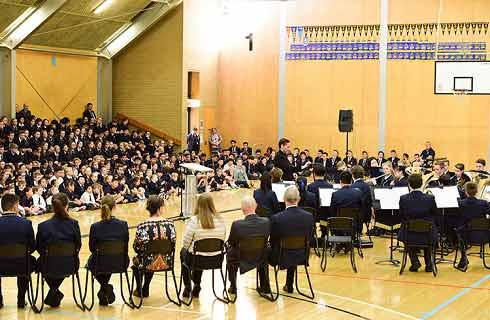
工学学士学位(机械)(荣誉学位)/工学硕士学位(生物医学)
 弗林德斯大学
弗林德斯大学泰晤士高等教育世界大学排名:307
学历文凭
Dual Degree
开学日期
课程费用总额

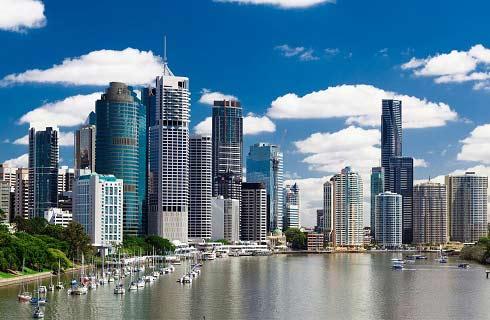
工程荣誉学士学位(机械工程)
 悉尼大学
悉尼大学泰晤士高等教育世界大学排名:54
学历文凭
Bachelor Degree with Honours
开学日期
课程费用总额


机械与制造工程研究硕士
 南澳大学
南澳大学学历文凭
Masters Degree (Research)
开学日期
课程费用总额

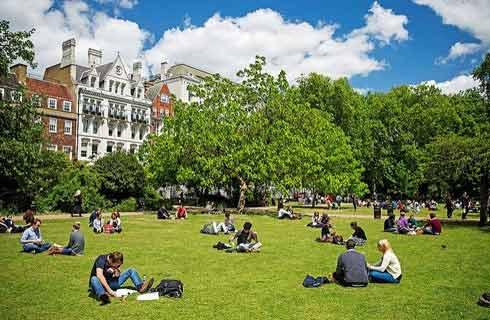
工程学硕士(机械)
 阿德莱德大学
阿德莱德大学学历文凭
Masters Degree (Coursework)
开学日期
课程费用总额

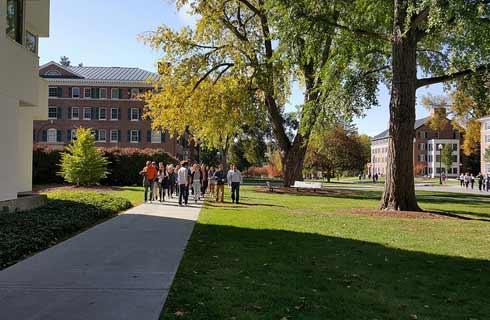
工学学士-机械(荣誉学位)
 弗林德斯大学
弗林德斯大学泰晤士高等教育世界大学排名:307
学历文凭
Bachelor Degree with Honours
开学日期
课程费用总额










 英国
英国


